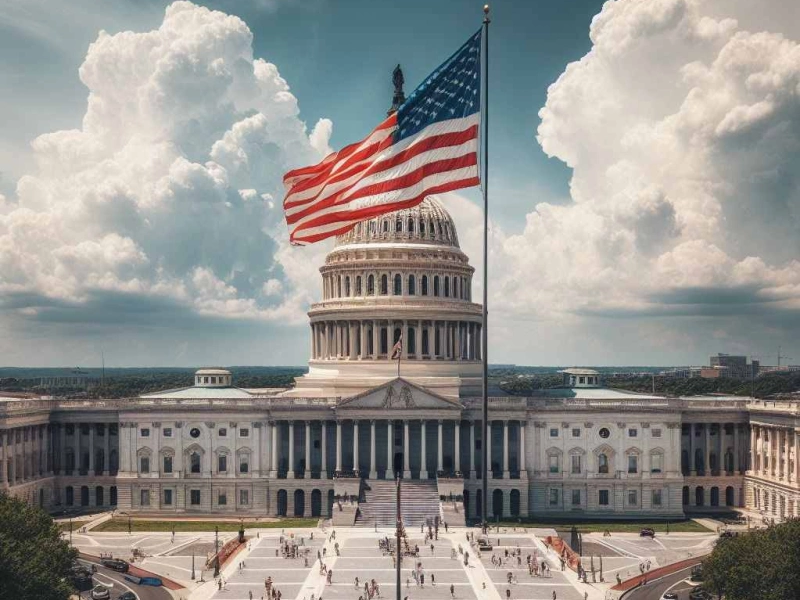How Bitcoin Will Enter the U.S. National Reserve: Analysis of the Bill
Senator Lummis has published a bill proposing the inclusion of Bitcoin in the U.S. national reserve. The new bill views Bitcoin as a decentralized asset that could strengthen the position of the U.S. dollar on the global stage.
Bitcoin might become a new asset in the U.S. reserves. On July 31, Republican Senator Cynthia Lummis shared details of a draft bill, tentatively titled the "Bitcoin Act of 2024," which proposes the creation of a national Bitcoin reserve, with journalists. The bill was first presented at the Bitcoin 2024 conference in Nashville on July 27, as reported by The Block.
"Establishing a strategic Bitcoin reserve to strengthen the U.S. dollar through a digital asset will ensure our country's status as a global financial leader for decades to come," Lummis said.
The idea was first mentioned by former U.S. President Donald Trump during his speech at the Bitcoin 2024 cryptocurrency conference in Nashville. The initiative's essence is to use cryptocurrency seized during criminal investigations to create a strategic reserve instead of selling it on the open market.
Trump announced the creation of a national Bitcoin reserve. How realistic is it?
Senator Lummis, a long-time supporter of the leading cryptocurrency, stated that Bitcoin could serve as a store of value amid inflation and a declining dollar. The creation of a strategic Bitcoin reserve, according to the senator, would solidify the dollar's position as the world's reserve currency and ensure that the U.S. remains a global leader in financial innovation.
"As a decentralized and scarce digital asset, Bitcoin possesses unique properties that complement existing national reserves, strengthening the U.S. dollar's position in the global financial system," the bill states.
According to the document, the U.S. Treasury would also acquire 1 million Bitcoins over five years, purchasing 200,000 Bitcoins each year, which represents 5% of the total supply. At the current price, 1 million BTC would be worth approximately $70 billion. The Treasury would be required to hold the Bitcoins for at least 20 years, using them to reduce the national debt. Lummis also called on the department to publish quarterly reports on digital asset purchases.
Cryptocurrency has become a topical issue ahead of the U.S. presidential elections. Donald Trump actively discusses the future of Bitcoin and mining in the U.S. during his campaign speeches. The politician promised to end the "unlawful crackdown" on the U.S. cryptocurrency industry, while the campaign team of his main opponent, Vice President Kamala Harris, has yet to include Bitcoin in their agenda.
Bitcoin's Share in U.S. Reserves
If the U.S. were to officially recognize Bitcoin as a reserve asset, the currently confiscated BTC would constitute 1.6% of the country's total official reserves at the end of July prices ($13.6 billion out of $854 billion), according to calculations by Blockworks. The U.S. currently holds over 200,000 BTC, according to analytics firm Arkham.
Considering Lummis' proposed scenario of holding 1 million BTC, Bitcoin would account for 7.85% of U.S. reserves ($67 billion out of $854 billion). Michael Saylor's scenario, which suggests the government should hold 4 million BTC, would give the leading cryptocurrency a 31.4% share of the U.S. reserves ($268 billion out of $854 billion).







